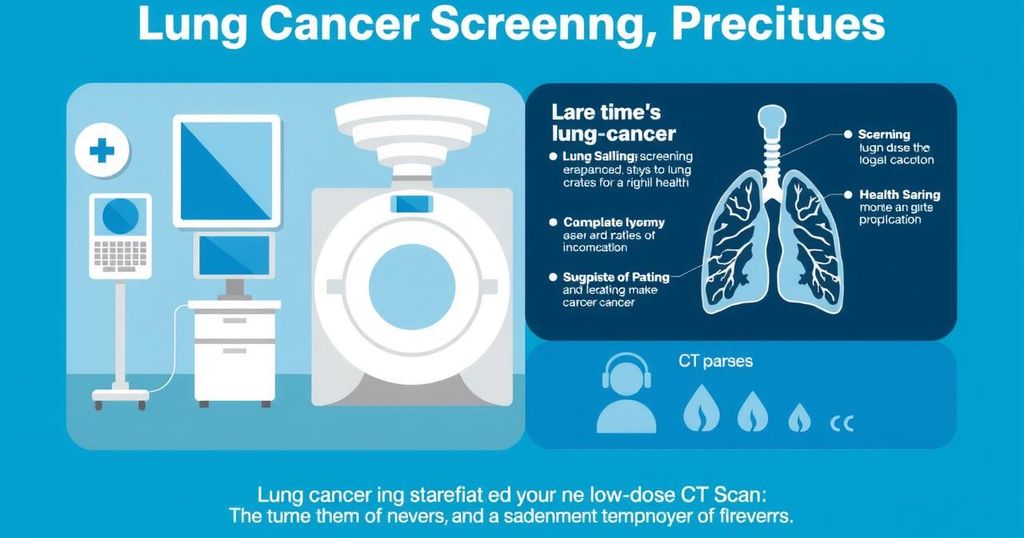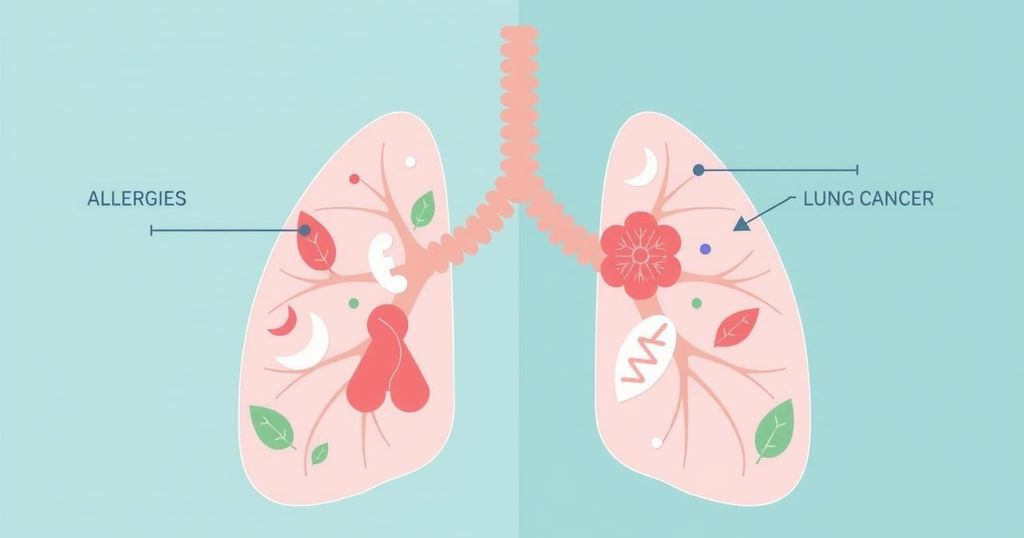Meneliti Terapi Baru untuk Kanker Cholangiokarsinoma Lanjut
Cholangiocarcinoma presents complex treatment challenges, particularly after first-line therapies fail. The ECOG-ACRIN EA2187 trial aimed to test the drug pevonedistat, but results were disappointing, showing no objective responses. The trial did, however, facilitate important collaboration among various centers for rare disease research, highlighting the ongoing need for effective second-line therapies.
Cholangiocarcinoma, a rare and aggressive bile duct cancer, poses significant challenges for patient treatment. The effectiveness of therapy options is quite limited, especially for those whose condition worsens after initial treatments. The recent ECOG-ACRIN EA2187 trial, unveiled at the 2025 ASCO Annual Meeting, aims to address the pressing need for effective second-line therapies for this tough malignancy.
Dr. Suneel Kamath from the Cleveland Clinic’s Cancer Institute pointed out, “We’ve had a pretty clear standard for first-line treatment—typically a combination of chemotherapy and immunotherapy. However, once that stops working, we’ve been left with no real satisfying treatments to give next.” The search for better alternatives in the second-line treatment space continues.
One potential candidate, pevonedistat, showed promise in an earlier phase 1 study. The drug targets the NEDD8-activating enzyme, which is involved in the degradation of cellular proteins. Dr. Kamath mentioned, “Our cells have built-in pathways to trigger death… but cancer cells hijack those mechanisms to survive.” By blocking this enzyme, pevonedistat aims to make cancer cells more susceptible to damage.
The EA2187 trial was structured to test pevonedistat both alone and in combination with chemotherapy drugs carboplatin and paclitaxel. The study enlisted 40 patients with unresectable or metastatic intrahepatic cholangiocarcinoma who had seen their disease progress after gemcitabine-based therapy. They were randomized into two groups: one received pevonedistat alone (Arm A) while the other received it with chemotherapy (Arm B).
The trial aimed for a 30% objective response rate (ORR) as it followed a two-stage minimax model – a complex design for clinical studies. Unfortunately, the outcome wasn’t encouraging; overall, no objective responses were noted and stable disease was reported in just over a third of patients. Specifically, 58.8% reported stable disease in the combination group versus 11.8% in the monotherapy arm.
Regarding safety, adverse events classified as grade 3 or higher were notably more common in the combination group (70.6%) than those receiving monotherapy (17.6%). These included severe fatigue and other serious complications. Tragically, two treatment-related deaths occurred in the combination arm due to severe conditions.
Dr. Kamath reflected on the disappointing results, stating, “These findings reflect how difficult this disease is to treat. Resistance is often already high after first-line treatment.” This harsh reality emphasizes the challenge in developing effective therapies for cholangiocarcinoma.
Despite bleak outcomes, the trial did succeed in fostering collaboration across various medical centers, quickly accumulating 40 participants, even during the COVID pandemic. Dr. Kamath noted, “We brought together several centers that hadn’t traditionally worked together.” He also expressed gratitude for the role of cooperative groups like ECOG-ACRIN that are essential for funding and supporting rare disease research.
The study, while not supporting pevonedistat’s further development specifically for cholangiocarcinoma, lays the groundwork for future research strategies in rare cancers. There’s an urgent need to establish second-line therapies that offer both efficacy and tolerability to patients. Dr. Kamath concluded, “This trial is a reminder of how high the bar still is for treating cholangiocarcinoma.”
In summary, the trial offers insight into the ongoing struggle against cholangiocarcinoma. It highlights the necessity for collaborative research efforts that can lead to more effective treatment options. Going forward, it’s imperative that the medical community continues to innovate in the fight against this challenging illness.
The recent trial on pevonedistat as a treatment for advanced cholangiocarcinoma underlines the ongoing difficulties in managing this rare and aggressive cancer. Despite no significant positive results showing effectiveness, the study’s collaborative nature showcases the importance of research infrastructure in developing new therapies. The need for better second-line treatments remains critical, as current options continue to fall short after first-line failures. Moving ahead, leveraging collaborations and investments is key to making progress in these hard-to-treat cancers.
Sumber Asli: consultqd.clevelandclinic.org




Post Comment